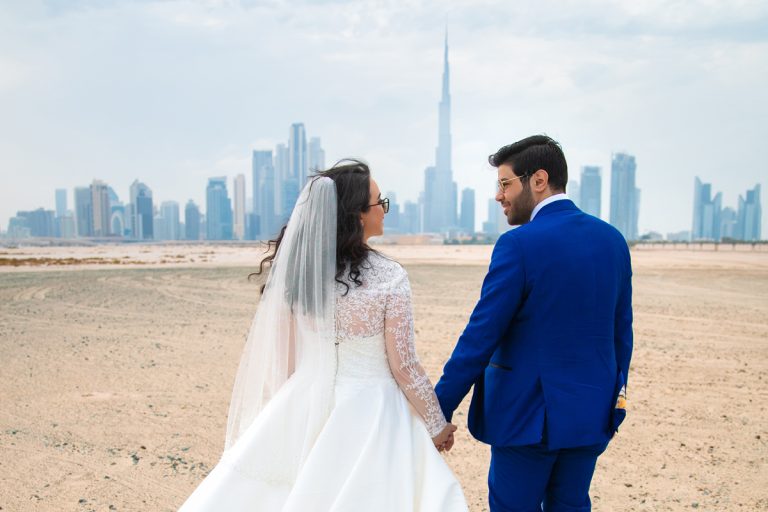Under the new expat family law which came into effect on February 1, Dubai is “set to become the Middle East’s answer to Las Vegas, as it prepares to offer express marriages,” a new report by The Times said.
The new reforms allow couples of mixed faith to obtain a civil wedding license in 24 hours, the report said, adding that “tourists and residents alike will be able to wed in Dubai, which, according to Skyscanner, was the number one destination for Britons in 2022 and is home to about 250,000 British residents.”
The federal personal status law is in line to strengthen the country’s position as a destination for tolerance, family stability and demographic diversity. The new law for non-Muslim expats will also cover family matters including marriage, divorce, inheritance and child custody.
However, concerned parties will need to have a resident visa and passport of a country where the Sharia law does not apply.
Civil marriage conditions for non-Muslim expatriates
- The spouses shall not be less than 18 years old. Their age shall be verified by the document issued by the state of their nationality.
- Both spouses are required to give consent to the marriage before the authentication judge, and prove that there is no legal impediment that prevents the marriage.
- Both spouses are required to sign the declaration form.
- Marriage shall not be established between siblings, or with children, grandchildren, or uncles.
- Any other conditions prescribed in a decision of the chairman.
Last year, Arabian Business also reported that over 1,000 tourists got married in Abu Dhabi.
Ever since the option for non-muslim couples to register their marriage came into effect in December 2021, the numbers have seen an increase throughout the one year, with at least 627 couples registering their civil marriage in November.
According to The Times report, couples from countries such as Afghanistan, Saudi Arabia, Lebanon and Israel have made the trip to Abu Dhabi Civil Family Court in the past year, due to the speed at which they can married.

The recent secular UAE laws, which have also included decriminalising unmarried pregnancy and cohabitation, are not merely a piece of legislation but a “declaratory political statement of modernity, acceptance, inclusion, respect and tolerance,” the report said citing UAE legal expert Hesham El-Refai.
The report added that the reforms also help the Gulf state to attract foreign investment and bolster its nine million expats, who make up almost 90 percent of the population, including about 250,000 Britons.
“The mandatory application of Sharia law on expats was a problem and continues to be in the rest of the region. You can’t attract the best talent and foreign investment without first having a secular family law,” El-Refai explained.








